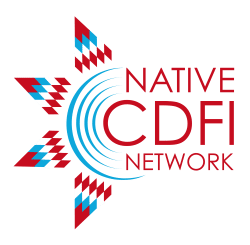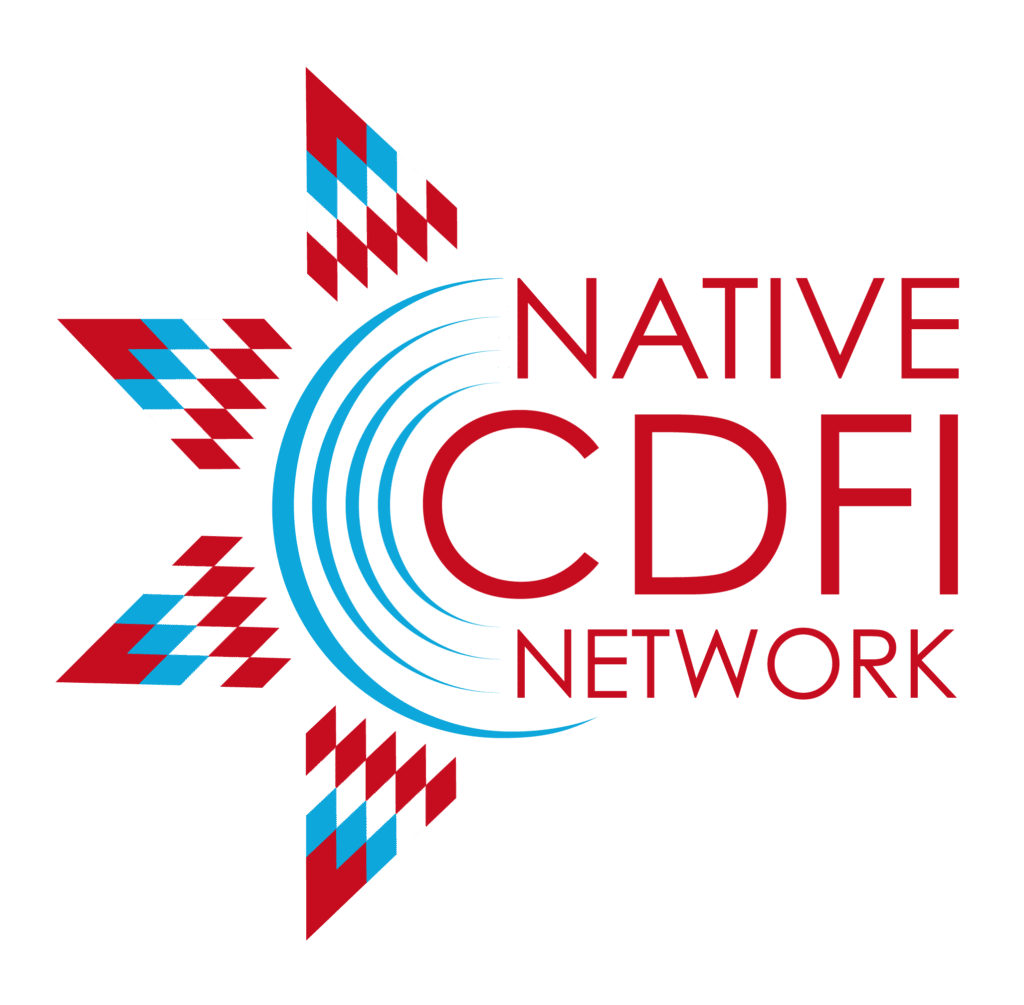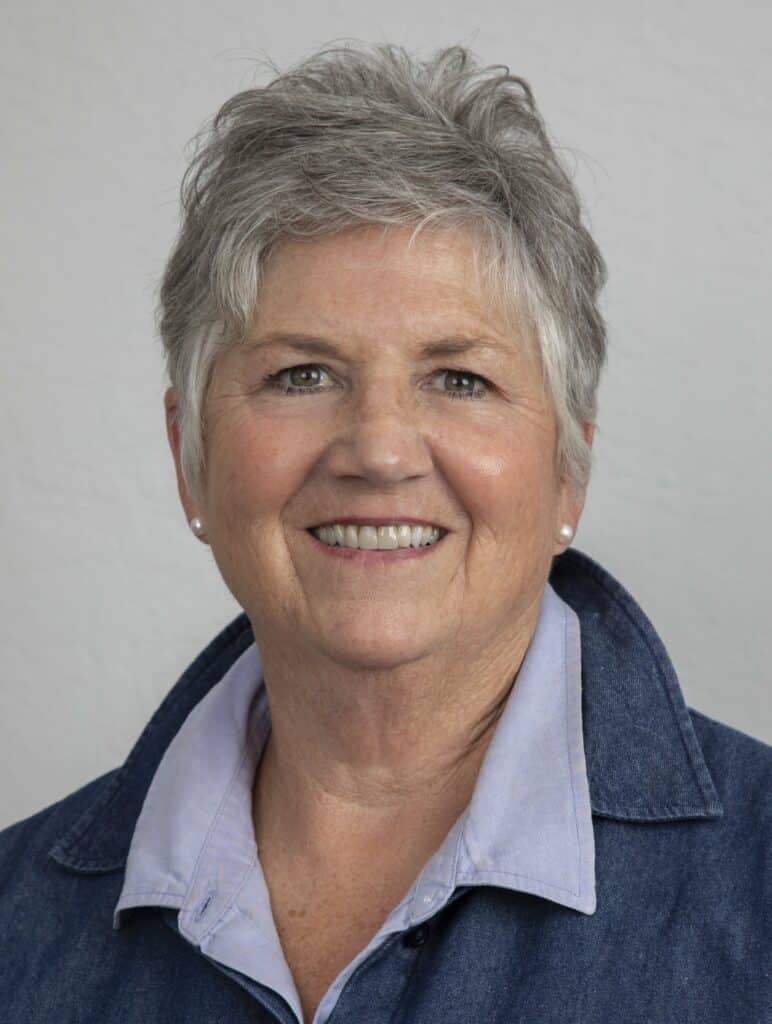
In this latest edition of “Difference Makers,” NCN sits down with Alicia Burns, who serves as Executive Director of Westwater Financial, Inc., a Native CDFI serving Native Americans and Alaska Natives in its service area of Sonoma, Mendocino, and Lake counties in northern California. Westwater Financial provides microenterprise, small business, consumer, and credit builder loans as well as financial education, coaching, business plan training, and technical assistance to its clients with the long-term goals of stimulating economic development, promoting self-sufficiency and self-determination, and enhancing the quality of life in Native communities.
Prior to joining Westwater Financial, Alicia worked for more than two decades in the real estate industry, where she gained extensive experience in sales, escrow and title insurance, real estate mortgages, and coaching first-time homebuyers. She also worked for many years in the grocery industry, where she developed excellent customer service skills and appreciation for the “client.”
At Westwater, Alicia oversees all aspects of the CDFI’s operation, including lending, underwriting, technical assistance, and financial and portfolio management. In her leadership role, she also builds relationships with community partners, develops strong internal systems, and works directly with clients in preparing loan applications.
In this engaging conversation with NCN, Alicia shares how Westwater Financial works to get their clients credit-worthy for financial empowerment, and how important it is that tribal leaders understand Native CDFIs’ role as key assets in tribal economy building.
NCN: Greetings Alicia, it’s good to have you with us today. Welcome.
Burns: Thank you. It’s nice to be here.
NCN: So why do you do what you do? How and why did you come to lead Westwater Financial?
Burns: It was little bit by accident. I had no idea what a CDFI was before I came here. I had worked in real estate, mortgage lending, title and escrow, and several other careers. But I was approached by our previous Executive Director Cindi Brown, and we had a mutual friend who was running another nonprofit here in Sonoma County. She suggested that Cindi give me a call. A few months prior to that, I had gone to work as an assistant in mortgage lending, and it ended up not being a great fit. It was the first time I just had to walk away from a job, but it opened me up for this opportunity. Then once I got here, realizing what this CDFI concept is and then knowing it was for Native people was very appealing, very interesting, and very nerve-wracking because I’d never run anything other than small landscaping business many years ago. I’ve always wanted to be in education and I have the financial background, so this position has been a very good pairing for sure.
NCN: There currently are 64 federally certified Native CDFIs across the country and more than two dozen Native CDFIs seeking to secure or regain certification, so about 90 total. From your perspective, why did and why do Native communities and organizations feel it necessary to create CDFIs, and what fundamental role do they play?
Burns: There’s a subgroup within the general population that’s been excluded from banking, and that’s Native Americans, who traditionally have not used or been able to use the banking system. As a result, many Native people don’t understand that system, so when we do our trainings, we start with the basics. We’re not about how to manage your portfolio. We are about learning how to make ends meet, how to “How can I save $5 a month?” So changing their perspective from spending money to managing money. How do we learn about banking? It’s about what our parents have in their toolbox and what they know. “Oh, I have to pay things on time?” “Why is that credit card company doing that to me?” “I have to have money in my checking account in order to write a check?” Many of those concepts are not understood in much of the Native community because of their exclusion from the banking system. That’s why we focus on education – financial literacy and training.
“I like to say we’re not putting frosting on a burnt cake. If we’re going to do a loan, then we need to start from scratch. We need to start from the bottom. And yes, we can do the loan for whatever you need if it’s within the debt-to-income ratios. But these things will also be included in the loan.”
NCN: What do policymakers, philanthropy, banking institutions, the general public, and others who aren’t familiar with Native CDFIs need to understand about them and the difference they make? Where do you find the knowledge gap the greatest?
Burns: To be honest with you, I think it’s among tribal leaders. There’s not a real clear understanding among them of what community development financial institutions do and why we’re here. Westwater was established by grant funds that were received by Dry Creek Rancheria in 2012, and I believe it’s still their perception throughout these different counties that we only work with that tribe, which is not the case. Getting the tribal leaders to meet with me is one of my biggest hurdles, honestly. Westwater provides their communities a wonderful service. We’re here to partner and create new partnerships. One of the things I learned attending the NCN summit in Washington, D.C. was about verbiage and to be very careful and aware of verbiage and taking out the word “serve” and replacing it with “partnership,” and getting to the point where people do feel like they can trust us. Trust is the biggest hurdle we have to get over.
NCN: So let’s turn to Westwater Financial. The homepage on your website defines your purpose, which is to “bridge the gap between the ‘Native’ culture of finance and trade to the ‘Western’ culture of money and trade.” Can you explain how Westwater works to bridge that gap through the range of services it provides in support of its clients each day?
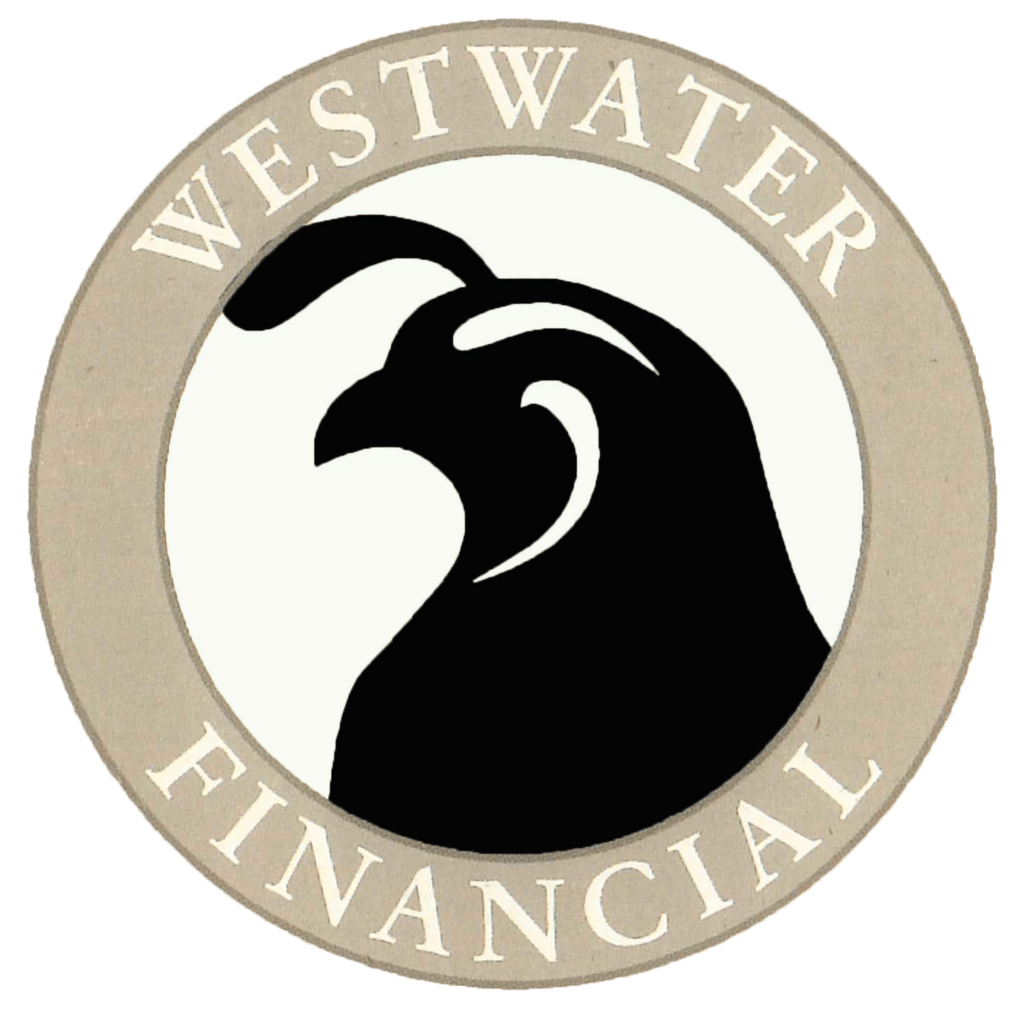
Burns: Through our lending process, if we run a credit report, which we do on the majority of our loans – anything over $1,500 dollars – if there are things in collections, if we see where there’s a payday loan, we work with the client. We won’t do it for them, but we will provide them with the contact information for those creditors, those collection agencies to help them learn how to be self-sufficient. We give them some of the verbiage to say, and here’s the phone number – before we can do a loan. I like to say we’re not putting frosting on a burnt cake. If we’re going to do a loan, then we need to start from scratch. We need to start from the bottom. And yes, we can do the loan for whatever you need if it’s within the debt-to-income ratios. But these things will also be included in the loan. We’re going to get these things together as a team to get these things paid off. You’re going to negotiate with your collectors. So sometimes it takes a little longer than the client anticipated because they will have to get a hold of the creditor to find out exactly what’s needed. Then with those types of loans, we also do a credit counseling and a budgeting session because obviously the money management just isn’t there. “How do I keep getting into these situations? Why do I have this repetitive history of overspending and not knowing that I’m overspending? So now I have all these big fees on overdraft.” That’s much of what we do every day.
Those credit reports reveal a lot. We also will ask people to bring in two months of their bank statements, and when someone’s in dire straits with their money, then we sit down and we look at, “Where are you spending your money? How much does Starbucks cost? When you stop at the gas station, don’t go in the convenience store and buy a Monster drink or a Red Bull or cigarettes. Do it in bulk. You don’t have to stop what you’re doing. Just be aware of where you’re spending. You can easily spend $20 in the food mart at the gas station and boom, that $20 is gone.” A lot of times when we go through that process, it’s a very vulnerable situation. But I have to be very honest and direct with people and say, “This is not a judgment. I’m not calling you out on what you do, but you’re here because something’s not right. You are here to make yourself healthier – because we know that financial stress creates stress in our bodies and makes us unwell.”
NCN: Like many other Native CDFIs, Westwater offers its clients reasonably priced consumer loans without predatory fees that help your low-income clients not only repay their outstanding loans but also build their credit, which helps to open up access to other forms of reasonably priced credit in the future. Can you shed some more light this loan product?
Burns: We are very fortunate in that when Westwater was structured, the loan products are secured by the general assistance, a.k.a. per capita payments. While they are not large payments, we utilize that plus income to determine what the debt-to-income ratio is, so that payment is pretty much secured. By that payment being secured, the credit score will quickly heal because those payments are being made on time. Even though it seems like we’re not really helping people manage the money because they’re not actually writing out the payments, they know what the payments are. They know it’s coming out of their pocket every month. That stabilizes and starts to heal their credit. For us, that gives us a very low risk rating because the only losses that we take are those when people pass on.
Our interest rate is 10%. People say, “That’s so high.” Well, it is a little high, but once people get their credit repaired, they’ll call us back and say, “I need a loan for such-and-such. I’ll look at their history and say, “Well, you had a loan with us. Your credit is probably healed enough that you don’t need another loan from us. You can go to a local credit union and get a car loan at 4.5 or 5% compared to our 10%.” Then we review again with them the way interest works. We are a stepping stone to heal and to build credit and self-assurance. Because when people’s money is out of control, it’s like any other type of security that we have. If you’re from a very volatile family and the house is crazy chaos, then you’re not going to recognize what a peaceful home looks like, because that’s all you know. That’s what we do. That’s how we bridge the gap. We’re going to bridge this gap with our loan. It’s a little bit expensive, but you have the security of it coming out of your pocket. The payments can be made every month. You are going to learn how to budget. We are providing that place where they go from out of control to self-assurance and being empowered over their own finances.
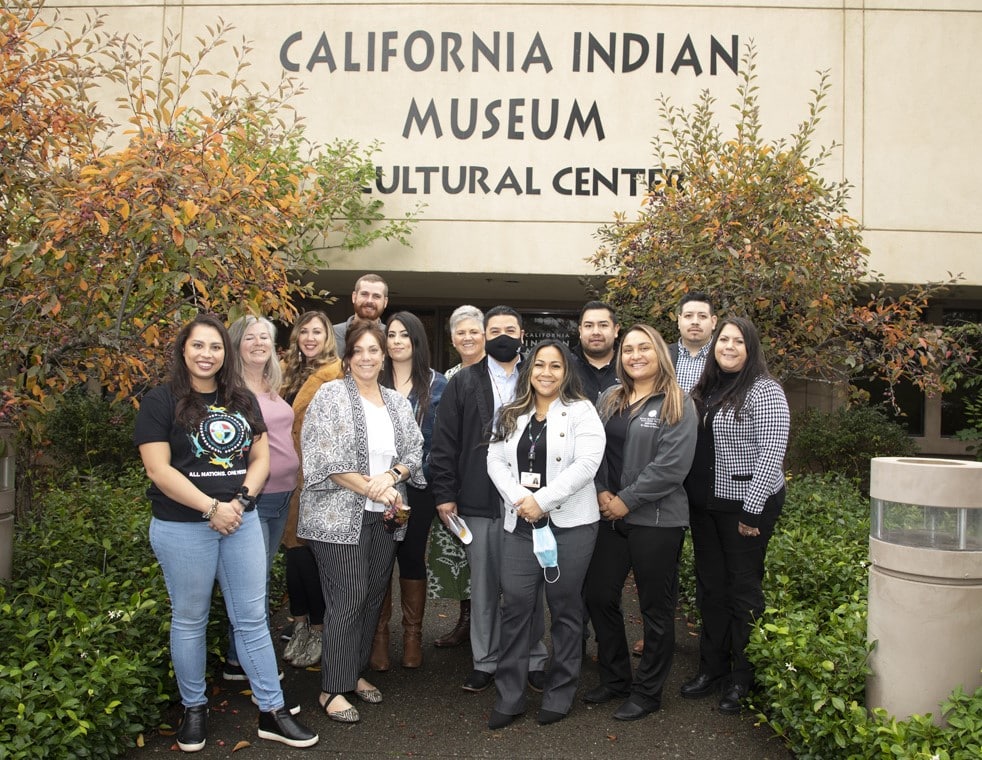
NCN: Westwater Financial has helped a great number of Native people over the years. Is there a particular client success story that really inspires you that you wish to share?
Burns: Her name is Deb. She called last October and said, “I don’t have a loan with you guys now. I paid off my loan with you, and my credit is really good, but I need a new car. I have this much money saved.” And I said, “Deb, your credit has healed enough that you don’t need us anymore. You can go directly to a credit union and get pre-approved.” Then we went through interest and how it’s going to be different. I said, “You’re managing your money very well. You’re very empowered.” So she starts to just sort of tear up and try on the phone, and I can hear her and said, “Deb, don’t go there, because then I’m going to start crying, too.” It was one of those joyful moments. That’s what we’re here for, is to get people to where they’re standing on their own. They don’t need that bridge anymore. They’ve bridged that gap on their own. Later, Deb called to say she got an interest rate at 3% on the loan for the new car she bought. That makes me feel like what we’re doing really does make sense. It’s that feeling of relief people have when they’re not worrying about money. It’s not gnawing at them every day.
NCN: From your perspective, what do Native CDFIs like Westwater Financial need to realize their full potential? What types of support do they need to achieve their missions and maximize their impact?
Burns: I need to find time and a way to get out into the Native communities more so people can see that we are not here to make money. We are here to empower people and get the tribal leaders to trust us. You can see my hair – I’m not a youngster. I won’t be here for very long, five years or a little more. I want to see this company grow so that we are able to one day offer mortgage lending to people with lower incomes in conjunction with the Tribal Down Payment Assistance Program. We need people to see we are not a banker – we are real people who are there to empower Native people.
To learn more about Westwater Financial, please click here.
